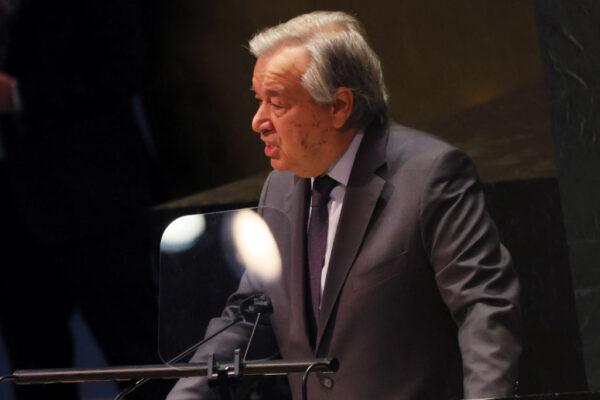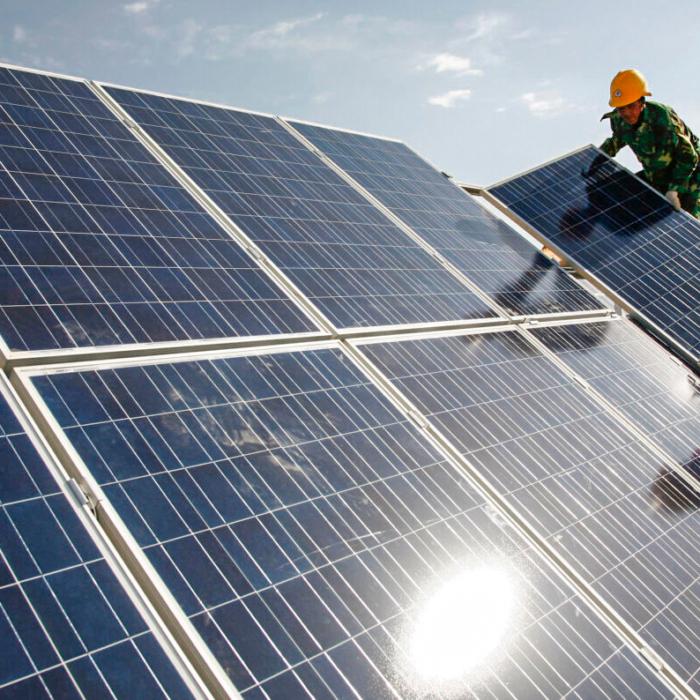The United Nations has been accused of undermining judicial independence and staging a legal “coup d’etat” after it fired an Australian judge in charge of the case where a whistle-blower disclosed the UN’s role in assisting China in its human rights violation.
In July 2019, the international body dismissed Australian judge Rowan Downing, QC, a former international war crimes judge, from his role as president of the UN Dispute Tribunal.
In an interview from March 2021 that has only now been allowed to be made public, he referred to his dismissal as “the sort of conduct that happens possibly following a coup—a coup d’etat–where people want to get rid of judges quickly.”
“It was, in fact, an attack upon the independence of the judiciary because … no nation-state would be able to acceptably do that,” he said, The Age reported.
Beijing has also been pushing its geopolitical agenda, the Belt and Road Initiative (BRI), under the guise of the United Nations Sustainable Development Goals (UN SDGs).
In 2019, the Chinese government was accused of obstructing the work of the UN Human Rights Council by convincing other autocratic regimes such as Pakistan, Saudi Arabia, Algeria, and Russia to positively evaluate China’s oppressive policies in Xinjiang, where more than one million Muslim Uyghurs are detained and tortured.

In a tweet on March 20, Reilly said the UN’s removal of Downing was to stop him from ruling in her favour. Downing has previously accused Guterres of inaccurately reporting on the situation, leading to Reilly being ostracised by other members. He also criticised Guterres for failing to handle Reilly’s complaint properly and unlawfully delaying the UN’s consideration of the matter.
UN spokesman Stephane Dujarric has denied the accusation.
Reilly first made a complaint in 2013 after a Geneva-based Chinese diplomat requested the UN to confirm the identities of “anti-government Chinese separatists” individuals set to speak at the UN Human Rights Council.
Her direct superior, Eric Tistounet, head of the Human Rights Council Branch of the Office of the High Commissioner for Human Rights (OHCHR), asked the staff to hand the names to the Chinese diplomat “not to exacerbate the Chinese mistrust against us.”
Reilly reported the issue to her superiors, but nothing changed. As she continued to reject the practice over the years, Reilly was kept at the UN with a salary while undertaking legal action over her treatment. She was formally sacked in 2021 after a report on her case was published in the French daily Le Monde.






